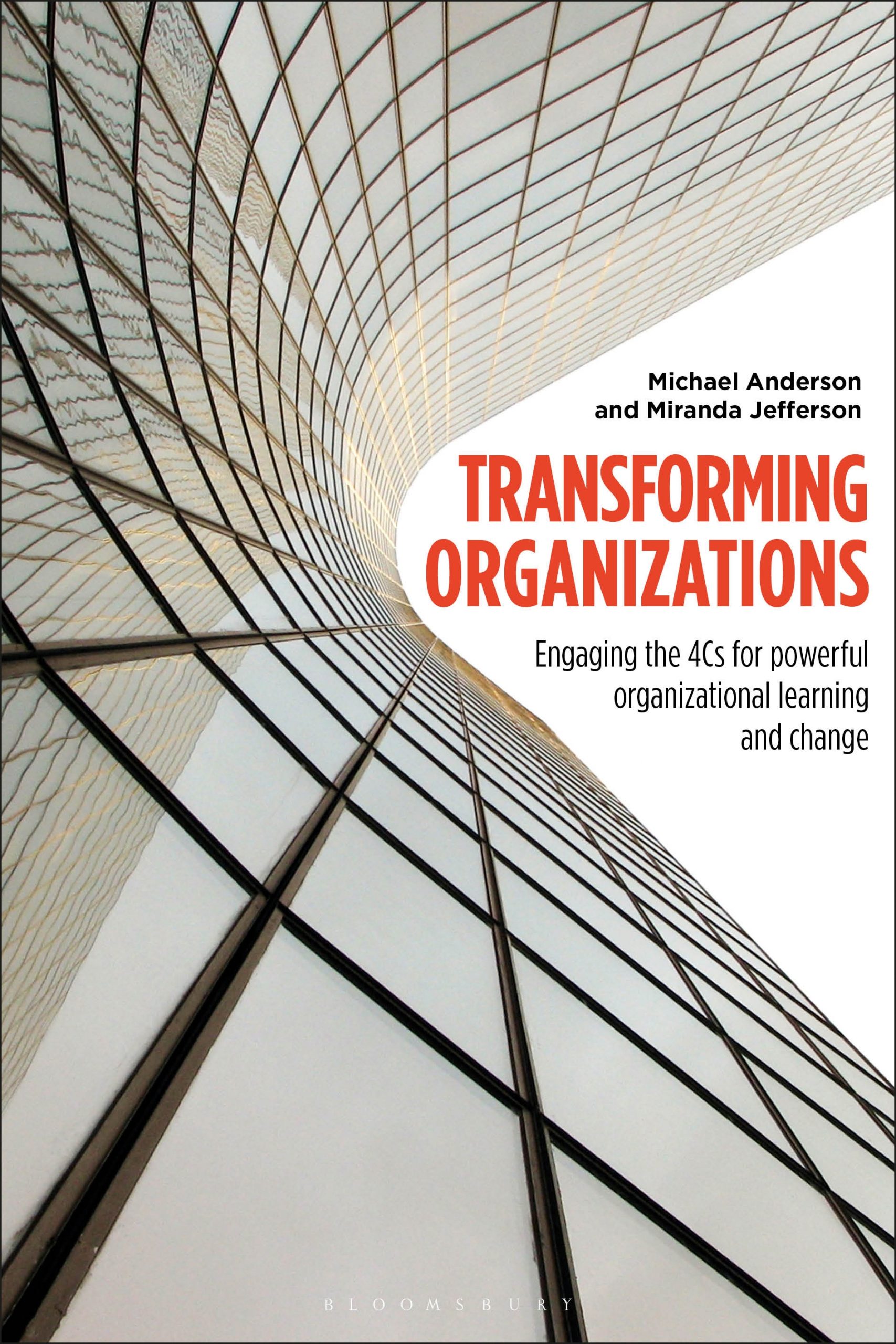I’ve engaged in a lot of literature, multimedia and events in the last few months on organisational change and transformation, so the title of this book had me excited.
I was curious as the authors have previously published a book on ‘Transforming Schools’; using a 4C framework (Creativity, Collaboration, Communication and Critical Reflection), and they deploy the same framework in ‘Transforming Organisations’.
The introduction offers a structured and enticing view of this framework and I was positively hooked with the phrase “aspiration is easy, but action is difficult”. The authors follow this with a provocation that organisations need to “close the rhetoric versus reality gap”.
So I’m locked in at this point, ready for an enthralling journey, learning from how the authors have transformed organisations using this seemingly pragmatic and totally sensical approach.
Sadly, on too many occasions, I was left frustrated. Although there are glimmers of interesting concepts, the book lacks the depth of case studies that such a punchy title and opening chapter requires. Perhaps it’s personal taste, but by proffering an approach to business transformation, I was expecting some meaty case studies as told from the work the authors have
engaged with.
There are references to organisations such as Apple, Lego and IDEO. As interesting as these are, the framework the authors guide the reader through retrofits to those organisations, as opposed to a practical guide to “here’s how we’ve deployed it and here’s the results”. Ironically, I was then left to question whether this has helped me with the ‘rhetoric versus reality gap’ or reinforced it.
There is without doubt some valuable concepts the authors pose such as ‘Leading Organisations Framework’ and some provocation to navigating challenges through ‘Coherence Makers’. Chapter 3 (Preparing the ground) offers good ideas to connecting with context and a useful guide to the importance of paradoxes. So if you’re in the market for some ideas to help stimulate
Organisation Development activity, there’s some value here for you.
In this Development context, I can see how the 4C’s could be developed as ‘a way of organisational life’ – through behaviour – helping an organisation to be responsive through creativity, collaboration, communication and critical reflection, but I was left feeling it’s overly simplistic for organisation transformation. The book makes occasional references to structure, processes and broader organisation design, but is more suited to the ongoing learning of an organisation.
When you separate the framework, coherence makers and other techniques, there’s value. However much of this is presented as interdependent, so the concepts would be better structured through the use of first-person case studies; highlighting context and results.
In summary I can see how the 4Cs could help people think differently and create alternatives in the education environment; fuelling collaborative and positive behaviour. However, to translate this across to businesses and the world of corporations, requires more breadth and depth. I couldn’t see how this theory would handle the complexity of a range of business scenarios, such as scale-ups, M&A situations or urgent needs to address the design of an organisation, so ‘transformation’ as the title indicates, is described through the lens of constant learning, as opposed to whole-scale change or design.
Chris Furnell – OD & Transformation Consultant







